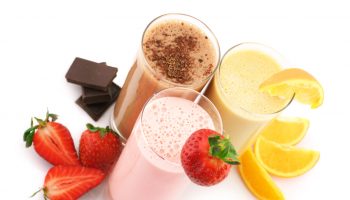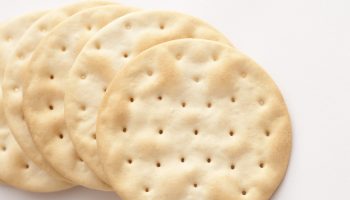Weight loss isn’t easy. If weight loss was as easy as popping a supplement, we’d all be thin as reeds. We could settle on the couch and watch Netflix, while the supplement did all the work.
In reality, slimming down isn’t that simple. Learn what the experts have to say about vitamins and weight loss.
Contents
Vitamin B2 (Riboflavin)
Vitamin B2, also known as riboflavin, is another B vitamin that plays an important role in producing thyroid hormone. For losing weight, the thyroid gland should be functioning optimally
You can obtain riboflavin from foods such as turnip greens, almonds, sesame seeds, whole grains, milk, cheese and chicken.
Vitamin B3 (Niacin)
Vitamin B3, commonly known as niacin, is a water-soluble vitamin that helps in boosting thyroid function. Increase in thyroid function results in greater production of thyroxine, which is a hormone needed for maintaining metabolism. Individuals who have a slow metabolism find it extremely difficult to lose weight compared to those individuals who have a fast metabolism. Vitamin B3 can be found in foods such as leafy greens, salmon, chicken liver, milk and beef.
Vitamin B-12
Whether you pop it in pill form or get a pricey injection, don’t expect a vitamin B-12 supplement to boost your metabolism and burn fat away. According to the Mayo Clinic, there’s no evidence that it will promote weight loss.
Your body does need vitamin B-12 to support the function of your nerves and blood cells, and to produce DNA. To get your daily dose, as recommended by the Office of Dietary Supplements (ODS), include foods that contain vitamin B-12 in your diet. For example, eat fortified whole-grain cereal for breakfast, a tuna salad sandwich for lunch, and egg frittata for dinner. Beef liver and clams are also rich sources of this vitamin. You may need more B-12 if you’re a heavy drinker, have a history of anemia, are a strict vegetarian, or have had bariatric surgery.
Vitamin D
Your body needs vitamin D to absorb calcium and keep your bones strong. But experts aren’t convinced that it will help you lose weight.
One study published in the American Journal of Clinical Nutrition found that overweight postmenopausal women who took vitamin D supplements and achieved healthy or “replete” levels of this nutrient lost more weight than women who didn’t reach these levels. But more research is needed to test these results and learn how vitamin D supplements might affect other people who are overweight.
Until we know more, you can probably get your ODS-recommended dose of vitamin D by reaching for low-fat dairy products, juices, and cereals that have been fortified with this nutrient. Fatty fish, such as herring, mackerel, and tuna, also deliver modest doses of vitamin D. Your body produces it when you expose your skin to sunlight. Consider taking regular walks around your neighborhood to get some sunlight and exercise too. But remember, too much sun exposure can raise your risk of sunburn and skin cancer.
Omega-3 fatty acids
Some studies suggest that omega-3 fatty acids support weight loss — but it’s too soon to draw conclusions, warns the Mayo Clinic.
Even so, omega-3 fatty acids are a great addition to your diet. According to the American Heart Association, they may protect your heart and blood vessels from damage and disease. Salmon, mackerel, herring, lake trout, sardines, and tuna are rich sources of this nutrient. Consider eating these fish a couple times a week, as part of your healthy eating plan. Try grilling, broiling, or baking, rather than frying them.
Multivitamins
A study from 2010 involved around a hundred women with weight issues, separating them into three groups. One group received a daily multivitamin supplement, the other a daily calcium supplement, and the last group only a placebo. The study carried on for half a year.
Unsurprisingly, the results showed that nothing had happened to the weight of the women receiving calcium or the placebo. However, the group which took the multivitamin lost more weight – about 3 kg more – and improved their health markers. Among other things, their basal metabolic rate (the rate at which the body burns calories when at rest) increased.
Furthermore, another earlier study found that subjects decreased hunger levels by taking multivitamin supplements during starvation diets, compared to a placebo.






